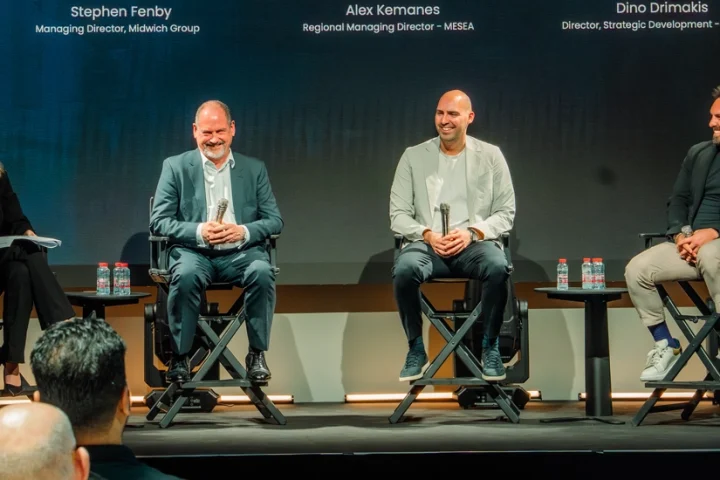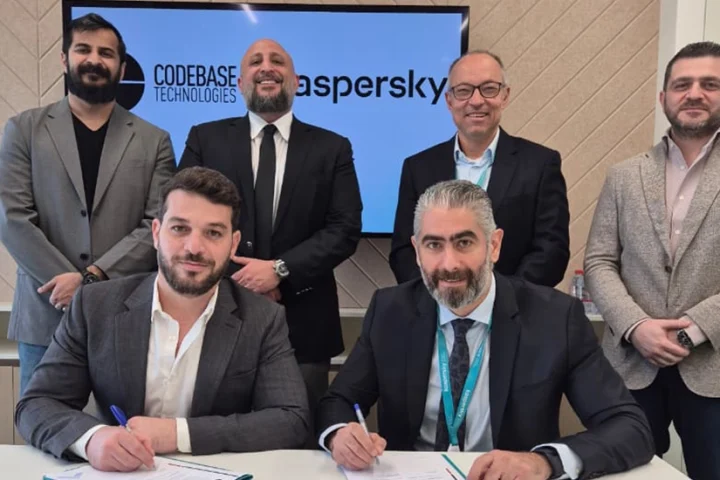Formulus Black has partnered with Looker for a joint solution to increase query performance up to 70x without complicated database migrations or changes.
Formulus Black’s Forsa software, combined with Looker, allow users to analyze and visualize data at memory channel speeds. The efficiency of data teams depends on how fast data can be accessed, transformed, and queried. With this joint solution, Looker and Formulus Black are enabling real time access to data and improving query execution speeds so that data teams spend less time waiting on data and more time on higher value work.
“Because Forsa enables any database to run in-memory (both reads and writes), Looker users can perform exploratory analysis and refresh real time dashboards in a fraction of the time,” said Jing Xie, Chief Operating Officer at Formulus Black. “In addition, our Bitmarker memory amplification algorithm enables users to persist more raw data in memory when there are patterns in the data, saving customers money.”
“At Looker we’re focused on empowering our customers with a single-source of truth no matter their technical background,” said Erin Franz, Senior Technology Alliances Manager at Looker. “We’re proud of our partnership with Formulus Black because it furthers this value by allowing every joint customer to self-serve critical insights significantly faster using their in-memory compute solution.”
Looker allows the user faster and more efficient SQL query design and visualization, while Formulus Black’s in-memory computing platform; Forsa; enables Looker queries to complete in a fraction of the time by running any application, including databases, in-memory without any modification or code changes. This solution dramatically decreases the time it takes data scientists and business analysts to get the data they need.
By running all applications fully in-memory, Forsa improves the per-core performance of a database by reducing the amount of time each core needs to wait for data I/O from peripheral storage. Forsa customers have been able to run the same database application on up to 75 percent fewer cores while still improving database performance, yielding substantial savings in database software licensing costs and freeing up CPU resources for running other applications.


















